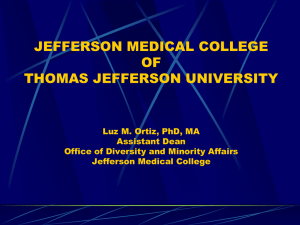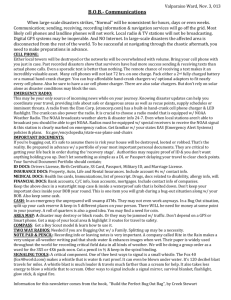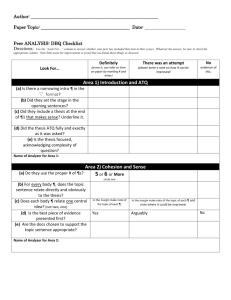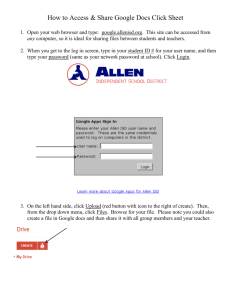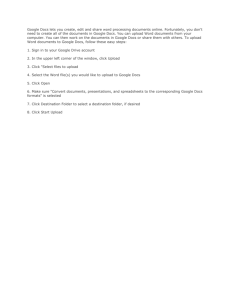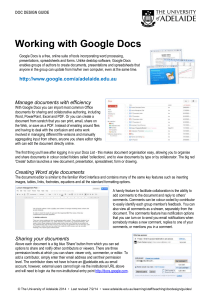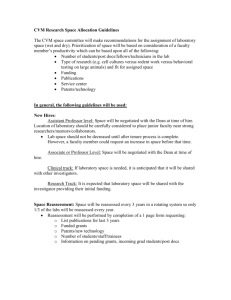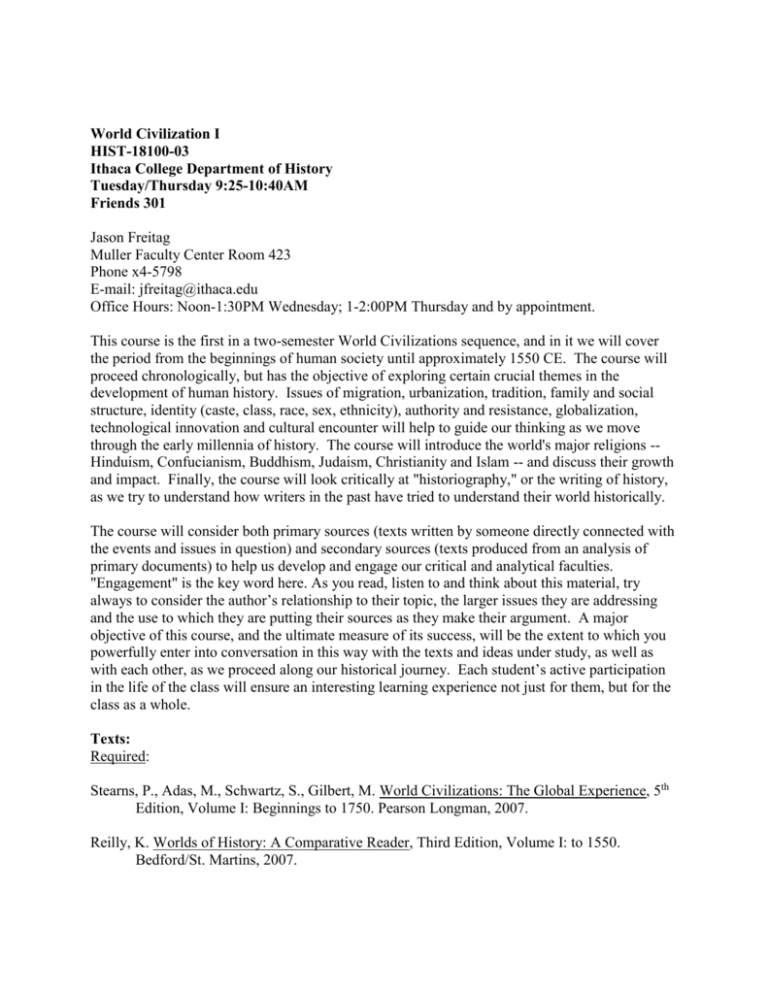
World Civilization I
HIST-18100-03
Ithaca College Department of History
Tuesday/Thursday 9:25-10:40AM
Friends 301
Jason Freitag
Muller Faculty Center Room 423
Phone x4-5798
E-mail: jfreitag@ithaca.edu
Office Hours: Noon-1:30PM Wednesday; 1-2:00PM Thursday and by appointment.
This course is the first in a two-semester World Civilizations sequence, and in it we will cover
the period from the beginnings of human society until approximately 1550 CE. The course will
proceed chronologically, but has the objective of exploring certain crucial themes in the
development of human history. Issues of migration, urbanization, tradition, family and social
structure, identity (caste, class, race, sex, ethnicity), authority and resistance, globalization,
technological innovation and cultural encounter will help to guide our thinking as we move
through the early millennia of history. The course will introduce the world's major religions -Hinduism, Confucianism, Buddhism, Judaism, Christianity and Islam -- and discuss their growth
and impact. Finally, the course will look critically at "historiography," or the writing of history,
as we try to understand how writers in the past have tried to understand their world historically.
The course will consider both primary sources (texts written by someone directly connected with
the events and issues in question) and secondary sources (texts produced from an analysis of
primary documents) to help us develop and engage our critical and analytical faculties.
"Engagement" is the key word here. As you read, listen to and think about this material, try
always to consider the author’s relationship to their topic, the larger issues they are addressing
and the use to which they are putting their sources as they make their argument. A major
objective of this course, and the ultimate measure of its success, will be the extent to which you
powerfully enter into conversation in this way with the texts and ideas under study, as well as
with each other, as we proceed along our historical journey. Each student’s active participation
in the life of the class will ensure an interesting learning experience not just for them, but for the
class as a whole.
Texts:
Required:
Stearns, P., Adas, M., Schwartz, S., Gilbert, M. World Civilizations: The Global Experience, 5th
Edition, Volume I: Beginnings to 1750. Pearson Longman, 2007.
Reilly, K. Worlds of History: A Comparative Reader, Third Edition, Volume I: to 1550.
Bedford/St. Martins, 2007.
Recommended:
The following reference is extremely useful as a guide to researching and writing papers for
history courses in particular, but has a wealth of information that will be generally applicable
during your academic career:
Benjamin, J. A Student's Guide to History, Tenth Edition. Bedford/St. Martin's: Boston, 2007.
All texts are available for purchase at the Ithaca College Bookstore.
Attendance Policy:
Attendance at lecture is extremely important, and in grading you will be held responsible not
only for the material in the texts, but in the lectures and class discussions as well. Accordingly,
attendance will be taken on a regular basis. More than 3 unexcused absences will result in a 1/2
step reduction in your final grade (instead of an A-, there will be a step down to a B+).
Documented illnesses or emergencies, as well as religious holidays, are excused absences, and
do not count towards the three. If you are having issues or special circumstances that prevent
you from coming to class, please come and see me so that appropriate arrangements can be
made.
Etiquette:
Please turn OFF and put away all cell phones before the class begins.
Please print your papers and turn them in to me. I do not accept papers by e-mail.
Requirements:
Examinations: There will be a midterm exam on October 16th, based on material from the
readings, lectures and discussions up to that point. The final exam is scheduled for December
19th from 7:30-10:00AM.
Papers: There will be two 1-2-page response papers based on a primary source of your
choosing. The first of these papers will be due by September 28th and the second by November
2nd. These papers are not a summary of the source, but a brief, analytical reaction to an issue in
the text. In other words, these papers are truly meant to be your response to one of the primary
source texts.
There will be one 3-5-page primary source response paper required for this class, and it will be
due on December 7th. The assignment will ask you to choose and critically compare two or more
primary source documents. You will receive further instructions and a series of guides for paper
writing within the first month of class.
One-page written paper proposals will be due by November 30th at the latest. I encourage you to
get these in as early as possible so that we can meet and discuss your ideas for the paper. I also
encourage you to produce drafts of your paper early, and have them read either by your
colleagues in class or on campus, or by members of the writing center staff. I am also willing and
happy to read drafts of your work, provided they are given to me at least ten days before the
papers are due.
Oral presentations: There will be one oral presentation for this class. The presentation will be
short (5-10 minutes maximum), and is designed to lead the class discussion on an assigned
primary source reading. This presentation is not a summary of the text. Rather, it is meant to
provide a brief analysis of the historical context from which the text arose, discuss the aims and
issues you see in the text, and finally present the questions you feel will provoke and promote
discussion of the text for that class session.
The oral presentation will count towards the attendance and class participation component of
your grade.
Evaluation:
The midterm exam will count for 25% of your final grade.
The final exam will count for 25% of your final grade.
The primary source response papers will count for 30% (5-10-15) of your final grade.
Regular attendance, demonstrated reading, thoughtful participation and well-organized,
engaged oral presentation will count for 20% of your final grade.
Schedule of Readings:
August
30
September 4
6
11
13
18
20
25
27
October
28
2
Introduction. What is World History?
Birth of Civilization
S Ch. 1
R Docs. 1-4
Rise of Civilization in the Middle East and Africa
S. Ch. 2
R Docs. 5-9
Asia’s First Civilizations: India and China
S. Ch. 3
R. Docs. 11-14
Unification and Consolidation in China
S Ch. 4
R Docs. 19, 22
The Classical Mediterranean: Persia and Greece
S Ch. 5
R Docs. 10, 15-17
Film: Black Athena
India’s Golden Age
S Ch. 6
R Docs. 30-33
The Roman Empire
S Ch. 7
R Docs. 18, 20, 21, 23
First Paper Due
Universal Religion
R Docs. 34-39
4
9
11
16
18
23
25
30
November 1
2
6
8
13
15
20
22
27
29
December
30
4
6
7
11
Women in Classical Societies
R Docs. 24-29
People and Civilizations of the Americas
S Ch. 8
Spread of Civilizations and the Movement of Peoples
S Ch. 9
Midterm Exam
No Class: Fall Break
End of the Classical Era
S Ch. 10
R Docs 40, 41
The Rise of Islam
S Ch. 11
R Docs. 42, 43, 48, 49
Islam in Asia and Africa
S Ch. 12,13
R Docs. 44, 50
Byzantium and Orthodox Europe
S Ch. 14
R Docs. 39
Second Paper Due
New Civilization in Western Europe
S Ch. 15
R Docs. 45-47
The First Crusade
R Docs. 60-67
The Black Death
R Docs. 75-80
Love and Marriage
R Docs. 54-59
No Class: Thanksgiving Break
No Class: Thanksgiving Break
The Americas on the Eve of Invasion
S Ch. 16
Tang and Song China
S Ch. 17, 18
R Docs. 51-53
Paper Proposal Due
Ecology, Technology and Science
R Docs. 87-93
“Barbarians” and Mongols
S Ch. 19
R Docs. 68-74
Third Paper Due
On Cities
R Docs. 81-86
13
19
The Rise of the West
S Ch. 20
Final Exam 7:30-10:00AM

